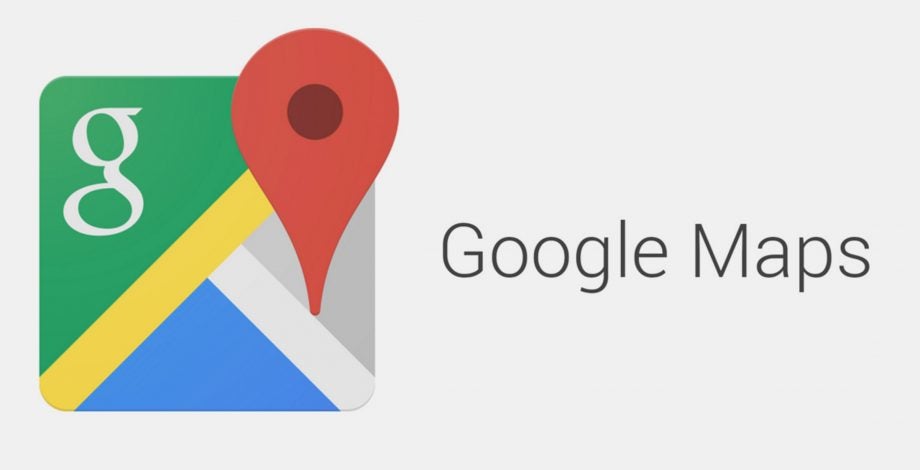Google Maps tests landmark-based navigation over street name directions

Rather than directing users purely based on street names, a recent update to Google Maps appears to be allowing it to give instructions based on landmarks such as “turn right after Burger King”.
Street names are a more or less reliable way of getting around, but there are plenty of times when their signs are obscured by trees, or are otherwise hard to see quickly.
Google Map’s latest update (as reported by Engadget) seems to want to avoid these issues entirely, by offering directions based on obvious landmarks rather than what a name is technically called.
The move makes a lot of sense. Google Maps already contains an extensive list of shops in its software, and making use of these for navigation seems like an obvious choice.
New York, New York
Currently Google appears to be testing the functionality in New York, and has not announced any plans to roll the feature out more widely.
Obviously there are a couple of potential problems with the new system. It’s unclear how it would handle a more sparsely populated area with fewer shops to act as landmarks, and if a shop has closed down and been replaced things could get really confusing.
But in any of these cases there’s a pretty simple solution to hand, and that’s to give instructions based on street names, which seems to have been working nicely for years. We imagine that Google will adopt a hybrid approach if it decides to roll this functionality out more widely.
Which do you think are more effective for navigating, street names or landmarks? Let us know @TrustedReviews.


